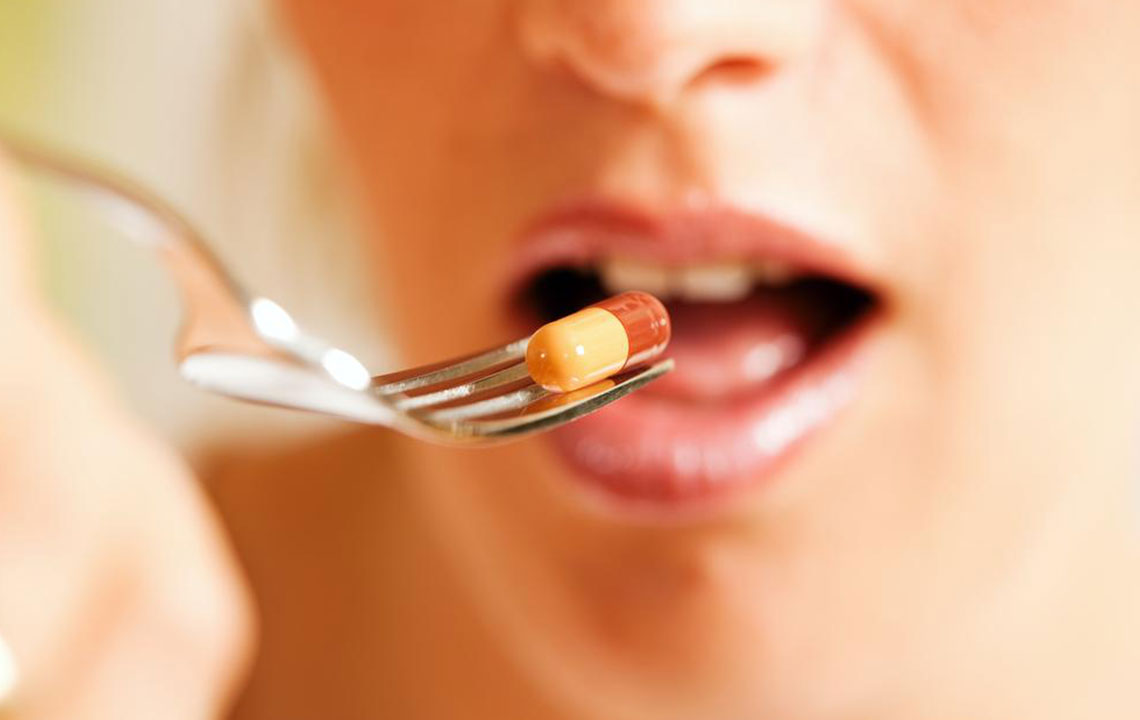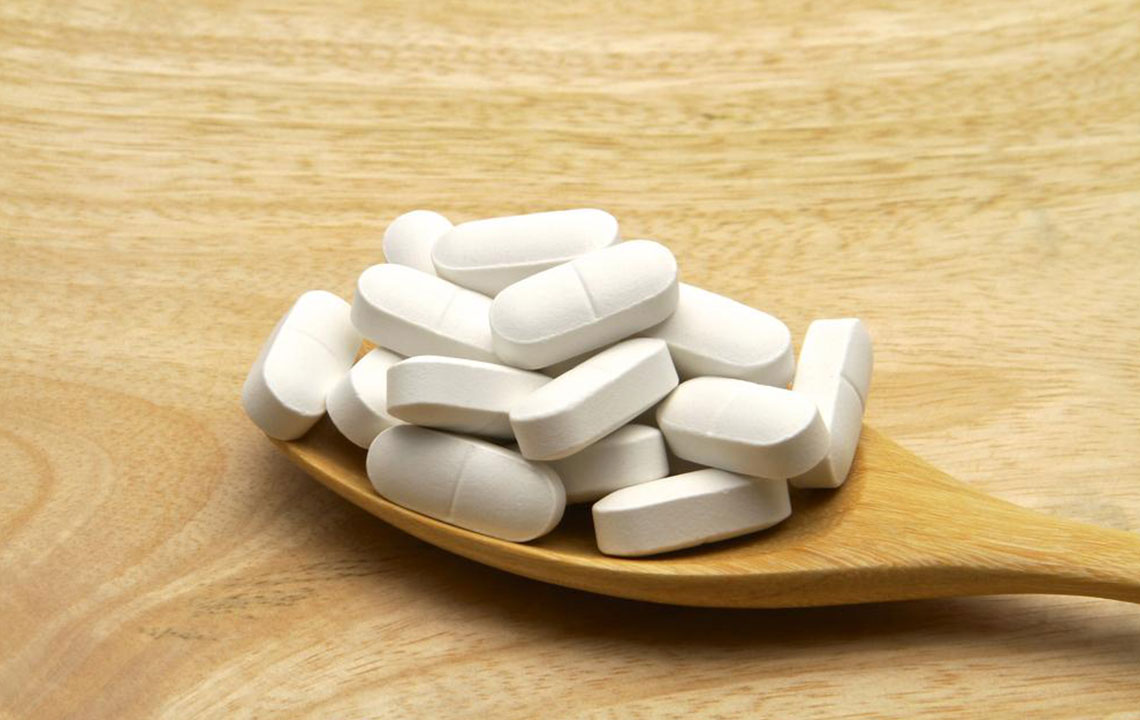Top Nutritional Choices for Managing Menopause Symptoms
Discover essential foods to help manage menopausal symptoms effectively. Incorporate dairy, fruits, vegetables, proteins, omega-3s, whole grains, and phytoestrogens into your diet for better health. Maintain hydration, stay active, and consult healthcare providers for personalized support during menopause.
Top Nutritional Choices for Managing Menopause Symptoms
Experiencing menopause can bring about a variety of uncomfortable symptoms. Additionally, declining estrogen levels can increase the risk of certain health issues. During this phase, paying attention to your diet is crucial. Incorporating specific foods regularly can help ease menopausal discomforts. Here's a guide to the most beneficial foods to include in your diet during menopause.
Dairy Products
Maintaining bone strength is vital as lower estrogen levels can lead to increased fracture risk.

Focus on consuming dairy items such as milk, yogurt, and cheese, which are rich in calcium, vitamin D, vitamin K, potassium, phosphorus, and magnesium. These nutrients support bone health. Dairy can also promote better sleep by increasing serotonin levels through amino acid glycine. Some research suggests that regular dairy intake might even delay premature menopause.
Fruits and Vegetables
Rich in vitamins, minerals, and antioxidants, these foods can help reduce menopausal symptoms like hot flashes. Cruciferous veggies like broccoli help balance estrogen levels, promoting better health and aiding weight management.
Protein Sources
Since lower estrogen can cause muscle loss, boosting your protein intake is essential. Include eggs, fish, turkey, chicken, as well as plant-based options like lentils, tofu, edamame, nuts, seeds, oats, and quinoa to maintain strength.
Omega-3 Fatty Acids
Found abundantly in fatty fish such as salmon, tuna, and mackerel, omega-3s are beneficial for reducing hot flashes, depression, and inflammation. Seeds like chia, flax, and hemp are also excellent sources that support heart, brain, and bone health.
Whole Grains
Packed with B vitamins and fiber, whole grains like brown rice, barley, quinoa, and whole-wheat bread help improve digestion, boost energy, and lower the risk of chronic diseases such as heart conditions and diabetes.
Phytoestrogen-Rich Foods
These compounds mimic weak estrogens and can alleviate hot flashes and support bone density. Food sources include soybeans, chickpeas, flax seeds, peanuts, broccoli, carrots, berries, and plums.
Besides diet, staying hydrated, exercising regularly, and managing stress through activities like yoga or walking can significantly improve quality of life during menopause. Prioritize hydration and physical activity to ease symptoms and maintain overall health.
Note: The information shared is for educational purposes. Always consult with healthcare professionals for personalized advice. Our content is based on current research but should not replace professional medical guidance.










